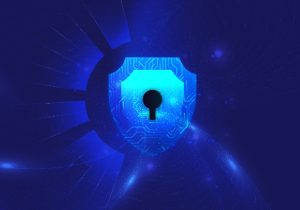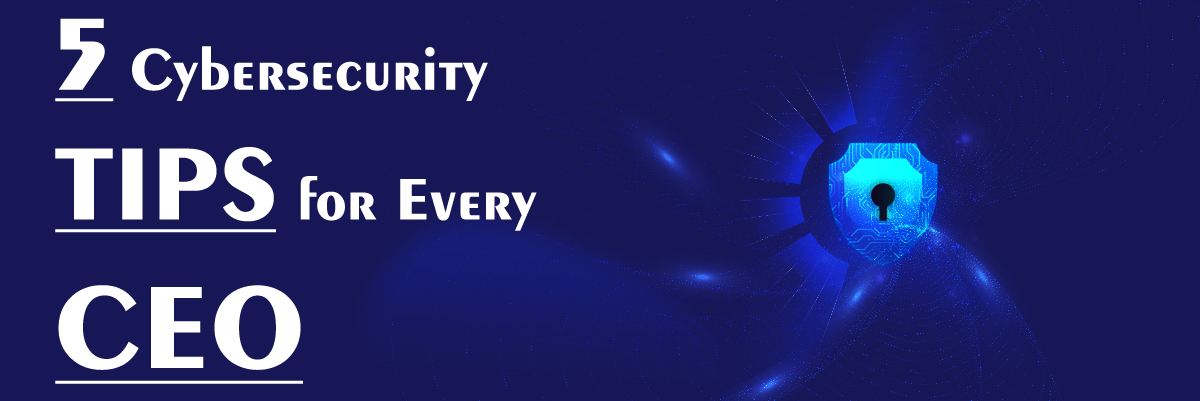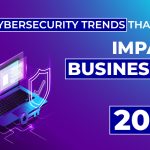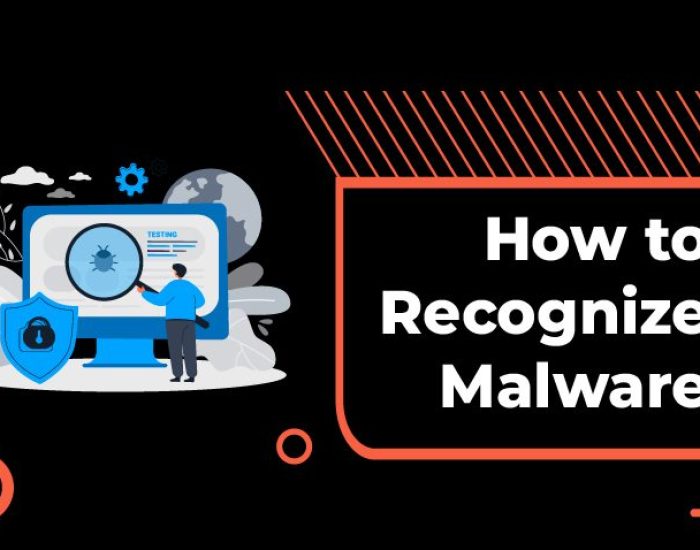Securing Your Business: 5 Cybersecurity Tips for CEOs
As a CEO, you know that running a business is no small feat. From managing personnel to overseeing operations, there is a lot to consider. One of the most important considerations is ensuring the security of your business. In the digital age, cyber threats are rampant. As a result, CEOs must know how to protect their business from cyber-attacks. This blog post will cover the different types of cyber threats and provide 5 cybersecurity tips for CEOs.
What are the Cyber Risks?
Cyber-attacks come in many forms, from phishing and ransomware to denial of service. Unfortunately, any business connected to the internet is vulnerable to some cyber-attack. As a result, CEOs must be aware of the potential risks and take steps to protect their business.
Another risk is data loss. In the digital age, data is the lifeblood of any business. If data is lost or stolen, it can have a devastating effect on the company. Finally, there is the risk of financial loss. Cyber-attacks can lead to financial losses due to fraud and theft.
The Different Types of Cyber Attacks
Now that we’ve discussed some of the risks businesses face, let’s look at the different types of cyber-attacks. The most common type of cyber-attack is phishing. Phishing is a social engineering attack where an attacker sends an email to a victim to gain access to their credentials or sensitive information.
Another type of cyber-attack is malware. Malware is malicious software that can be used to gain access to a system or steal data. Some types of malware include ransomware, which can encrypt a system and demand payment to unlock it, and spyware, which is used to gain access to a system and steal data.
Finally, there are distributed denial of service (DDoS) attacks. These attacks involve sending a large amount of traffic to a website to overwhelm the server and take it down.
5 Essential Cybersecurity Tips for CEOs
Now that we’ve discussed the different types of cyber-attacks, let’s look at five essential cybersecurity tips for CEOs. These tips can help protect your business from cyber-attacks and ensure that your data is secure.
1. Keep Software Up to Date
One essential cybersecurity tip for CEOs is keeping software up to date. Outdated software can be a significant security risk, as attackers can exploit known vulnerabilities. Ensure your software is updated by putting strict policies and steps in place. Avoid delaying, waiting, and hesitating.
2. Educate Staff about Cybersecurity
Email is still the primary method of attack, followed by ransomware attacks, and Covid-19 has just worsened things. Attacks with spearfishing have risen during the lockdown. Every employee in your company must receive comprehensive training in cybersecurity fundamentals. They must distinguish between a legitimate email and a phishing email.
These fundamentals are crucial, and it’s surprising how many businesses get them incorrectly or ignore them entirely. It’s a never-ending battle that is constantly evolving and progressing.
3. Risk Management
Another essential cybersecurity tip is to implement a risk management strategy. This involves Numerous attempts to steal critical data from technology organizations and expand technological advancement. CEOs must become proficient in risk management approaches to handle any problems that may arise due to cybersecurity. The worst scenario for a CEO is to think that their business is safe from cyber-attacks. There is a 100% possibility that if you have internet access, you are at risk of cyberattack.
4. Data Sharing and Management
Data leaks can occur accidentally as well as on purpose. Sharing a slide with private information not meant for the general public is far too simple.
Recognize the worth of your data. Who shares data? What and with whom do employees want to share? What are sharing tools used? What instruments are secure? In other words, data security governance is necessary.
The traditional IT security perimeter has been compromised by remote work. Your organization’s data and workers’ digital identities are your most valuable digital assets because endpoints are scattered across networks and geographical areas.
Make sure you set up the necessary tools to determine who, when, and what can be done with the data belonging to your organization.
5. Regularly Audit your Security Systems
Make sure your IT team understands the importance of ongoing system effectiveness testing and cybersecurity consulting. Request network reports evaluating the data gathered during routine use and identify and address any irregularities that might be signs of a threat.
As an added benefit, analyzing these reports can aid in better management decisions by understanding how the company operates inside. Find out if the team utilizes outside audits in addition to internal checks to audit systems.
To avoid leaving yourself open to new dangers, check to see if your hardware and software assets are still within the approved lifecycle. Your asset inventory should be reviewed frequently to track what needs to be retired.
Conclusion
Several cybersecurity services and solutions are available for businesses that don’t have the resources or expertise to manage their cybersecurity. These services can help companies implement the essential cybersecurity for small business tips outlined in this blog post and ensure their business is secure.
At Protected Harbor, we offer tailored IT services and cybersecurity strategies to protect your business from cyber-attacks. We can help you implement the essential cybersecurity tips outlined in this blog post and ensure that your business is secure. And with our free cybersecurity assessment, you can review your security systems in-depth and identify potential risks.
Have you created a recovery plan? As a final question, have you thought about the employee’s security matrix? Train staff on how to use resources effectively to prevent unexpected security breaches.
Get in touch with us today for a free cybersecurity assessment and find out how we can help you protect your business.






